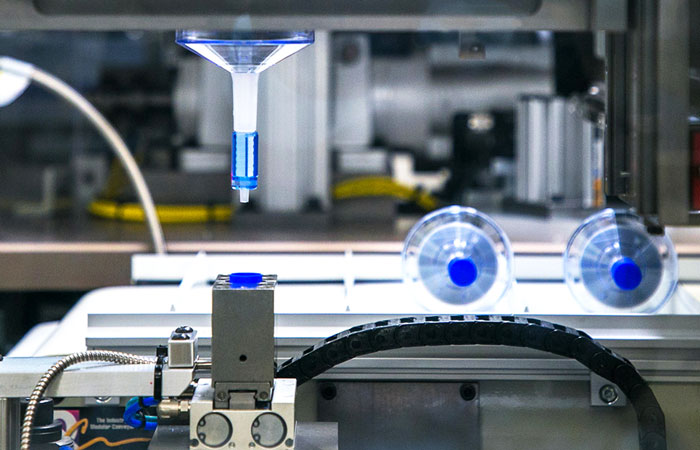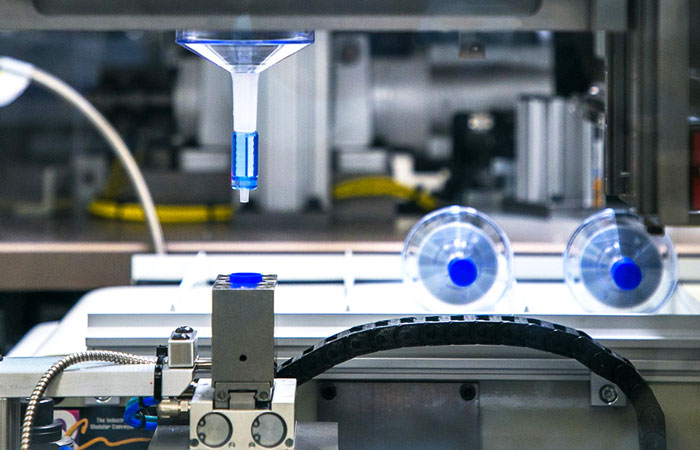
In the realm of manufacturing, China stands out as a powerhouse for injection molding. With its advanced technology and competitive pricing, China has become a hub for various industries seeking high-quality plastic components. However, amidst the buzz surrounding China injection molding, concerns about the safety of materials, particularly polypropylene, have emerged. Let’s delve into this topic to uncover the truth behind the safety of polypropylene in China injection molding processes.
Understanding China Injection Molding
China has cemented its position as a global leader in injection molding, offering a wide range of services, from prototyping to mass production. Leveraging state-of-the-art machinery and skilled workforce, Chinese manufacturers produce plastic components with precision and efficiency. The allure of China’s injection molding industry lies in its ability to deliver cost-effective solutions without compromising quality.
The Rise of Polypropylene
Polypropylene, a thermoplastic polymer, has gained prominence in various industries due to its versatility and durability. Its lightweight nature, resistance to corrosion, and ability to withstand high temperatures make it an ideal choice for injection molding applications. From automotive parts to household appliances, polypropylene components play a crucial role in modern manufacturing.
Safety Concerns Surrounding Polypropylene
Despite its widespread use, questions regarding the safety of polypropylene have arisen, prompting scrutiny, especially in China’s manufacturing landscape. Some individuals express concerns about potential health risks associated with exposure to polypropylene, particularly regarding food contact materials and medical devices.
Dispelling Misconceptions: Is Polypropylene Safe?
It’s crucial to address misconceptions surrounding the safety of polypropylene. Numerous studies and regulatory bodies have affirmed the safety of polypropylene for various applications, including food packaging and medical equipment. The U.S. Food and Drug Administration (FDA) has approved polypropylene for contact with food, underscoring its compliance with stringent safety standards. So, is polypropylene safe? The evidence overwhelmingly supports its safety, providing reassurance to consumers and businesses alike.
Ensuring Safety in China Injection Molding
In China, injection molding facilities adhere to rigorous quality control measures to ensure the safety and integrity of manufactured products. From raw material selection to final inspection, every step of the production process is meticulously monitored to meet international safety standards. Moreover, reputable manufacturers prioritize transparency and accountability, providing clients with comprehensive documentation and certifications to validate the safety of their products.
Conclusion
China injection molding continues to revolutionize the manufacturing landscape, offering innovative solutions for diverse industries. While concerns regarding the safety of polypropylene persist, it’s crucial to rely on scientific evidence and regulatory approvals to assess its suitability for specific applications. By partnering with trusted manufacturers and prioritizing quality assurance, businesses can harness the full potential of polypropylene in injection molding processes while ensuring the safety of end consumers.
Source: Explore





